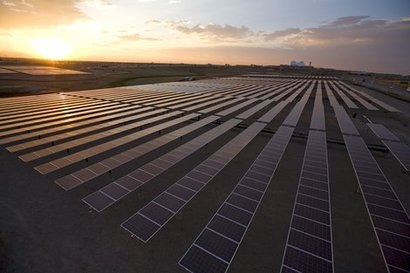
Georgia-based Suniva filed the trade petition shortly after declaring bankruptcy and was subsequently joined by German-owned company SolarWorld which is already bankrupt. SQN Capital Management, which is seeking $51 million from Suniva, hopes to recover the funds from trade barriers, something that it imposed as a condition of its post-petition financing offer. The trade petition has been filed under Section 201 of the Trade Act 1974 and seeks to subject Chinese and Taiwanese manufactured solar cells to trade tariffs.
The American solar sector is currently growing 17 times faster than the rest of the economy, responsible for 1 out of every 50 new jobs generated in the US last year. However, if implemented, the petition would impose tariffs on imported solar panels and solar cells, establishing trade barriers are established that could effectively double solar prices, halting growth and threatening the loss of 88,000 jobs – one third of the US solar workforce. This could happen as early as next year.
The ITC is due to hold the first public hearing on the matter tomorrow (August 15th). A group of 16 senators and 53 members of the House of Representatives have sent open letters to the Chairman of the US International Trade Commission (ITC), Rhonda Schmidtlein, urging the ITC to reject the petition. Solar sector workers from across the country are also planning to assemble in Washington in order to explain the adverse impact the petition would have on solar sector jobs.
“Solar companies in our states believe the requested trade protection would double the price of solar panels” the letter to the ITC read. “Increasing costs will stop solar growth dead in its tracks, threatening tens of thousands of American workers in the solar industry and jeopardizing billions of dollars in investment in communities across the country.”
Abigail Ross Hopper, president and CEO of the Solar Energy Industries Association (SEIA), added that the letter shows that trade tariffs are not a red or blue state issue. If the barriers are implemented, one of the fastest growing US industries will be halted in its tracks, thousands of Americans will lose their jobs and billions of dollars of private investment will dry up.
SEIA is leading the industry’s fight in the case. It opposes any resolution that restricts fairly-traded imports of solar equipment through new tariffs or other barriers that endanger American solar workers and families in every state.
For additional information:

